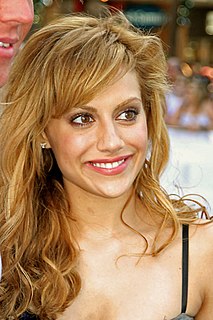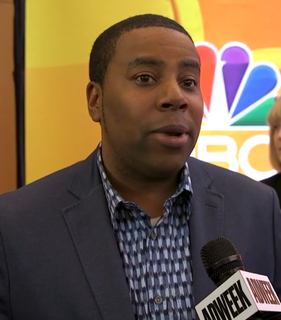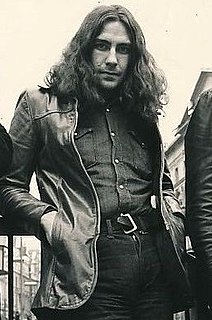A Quote by Brent Spiner
The character of Brent Spiner. We certainly collaborate on the concept of that, but he basically writes the script, then it's sort of a combination of his voice and my voice.
Related Quotes
Ever since I was first read to, then started reading to myself, there has never been a line read that I didn't hear. As my eyes followed the sentence, a voice was saying it silently to me. It isn't my mother's voice, or the voice of any person I can identify, certainly not my own. It is human, but inward, and it is inwardly that I listen to it. It is to me the voice of the story or the poem itself.
The voice is certainly important and you can hear if it's beautiful or not, it's the gods who decide; it's more a question of what you do with the voice, which is the mysterious element. It's the personality behind the voice which makes the artist. The voice is a gift of God, but if you're not able to use this gift, what's left? Nothing but a beautiful voice, without nuance or color.
I got a phone call from George Miller [the director] asking me to play this role. We sat down and he showed me on his computer a documentary-type montage sequence of real penguins swimming, in an Esther Williams synchronized sort of way, and doing things I have never seen them do. Then he explained his vision of the film, asked me to read the script and to voice the character. I was cast a little bit later, and he let me do the singing as well!
The expectation is this low, gravelly voice for John, but I went through his early recordings and there were songs in there where the voice was so different, I wasn't even sure if it was him singing, ... So it was interesting to me that we would see him develop the Man in Black sound. I thought it was really important that his voice change as his persona slowly solidified. The music was really the doorway into the character.
I got good at trying to throw a voice on a character from the very beginning as opposed to like reading it and sitting with it and mulling over it and stuff like that just try to read what it is and then try to put a funny voice to it like as soon as possible and stuff like that. Once you get laughs with your voice then you can start thinking about, you know the physical characteristics and how they might walk or if they stick out their buck teeth or if they wear an afro and stuff like that. I think like finding the voice of the character helps to like build the wardrobe and everything else.
When I read to children, I try to become the characters. It's great if you can make a separate voice for each character. Sometimes you can lower your voice with excitement or get more intimate about it: you can lean forward and engage the children as a narrator or as a reader. It's particularly important that you find the voice that you want to use for each character, because then children can imagine that person as you're reading aloud. And of course, the illustrations help enormously.



































